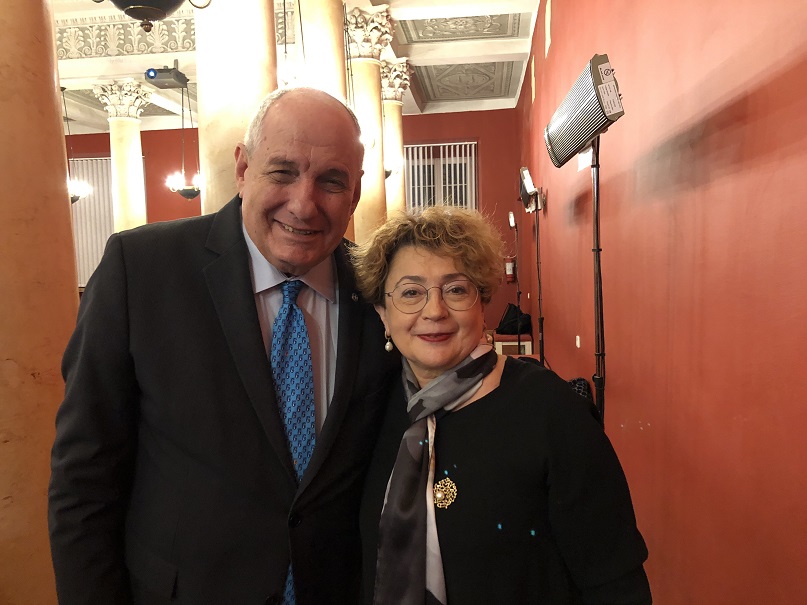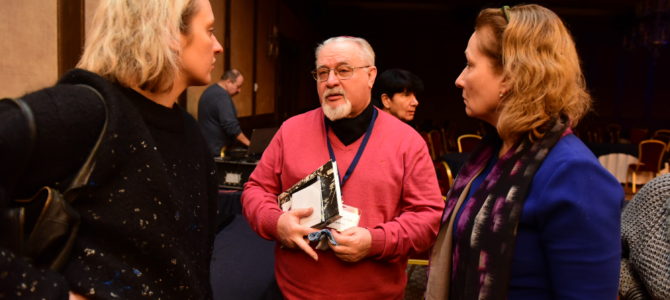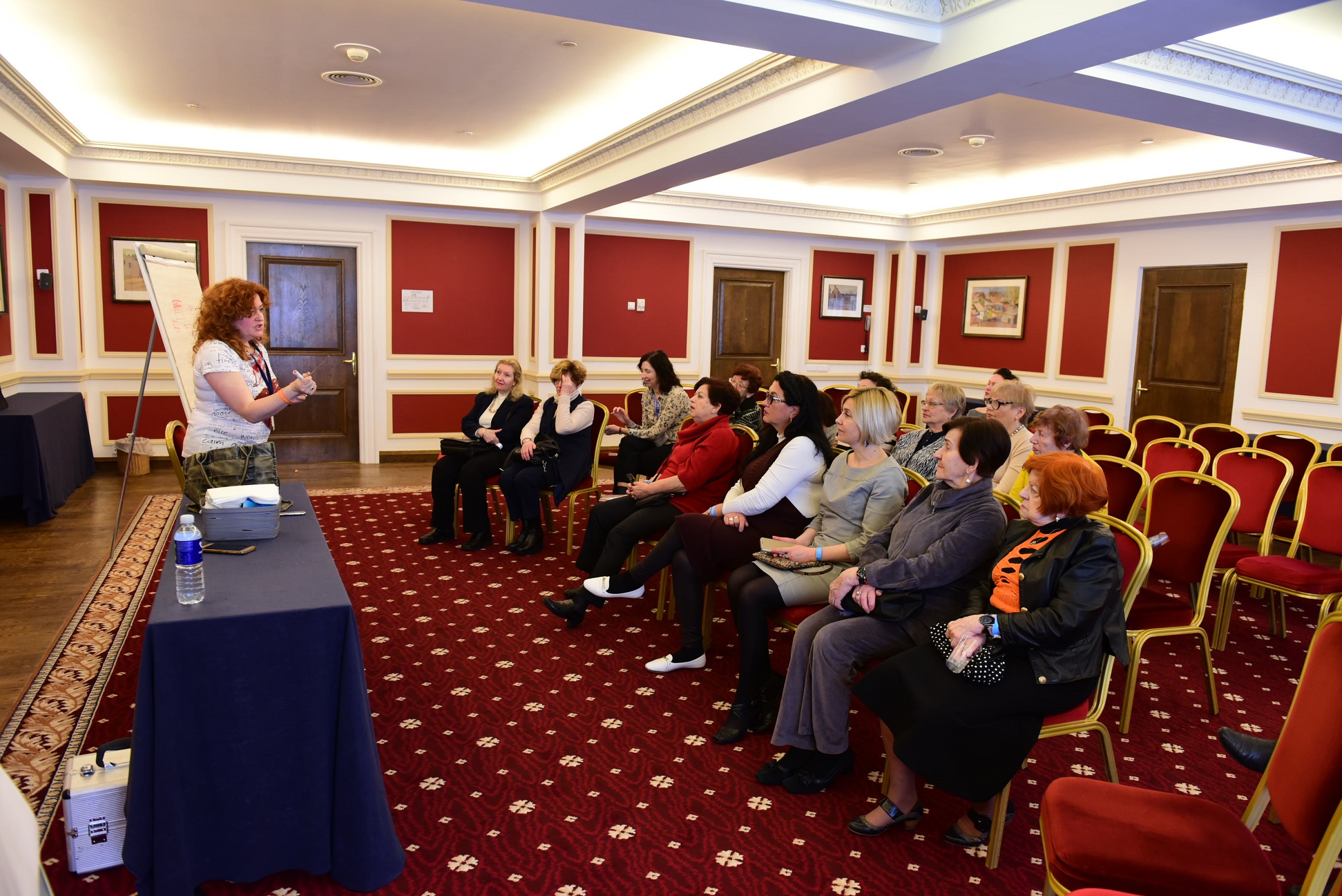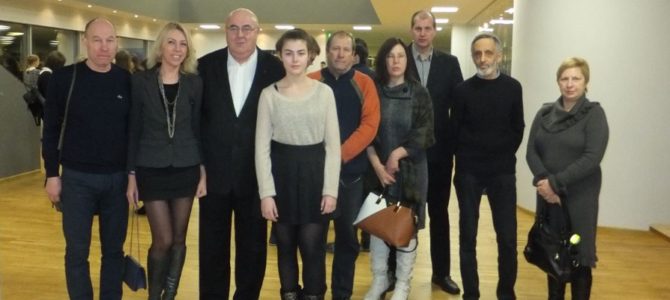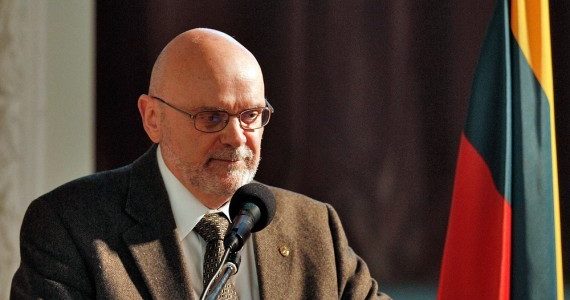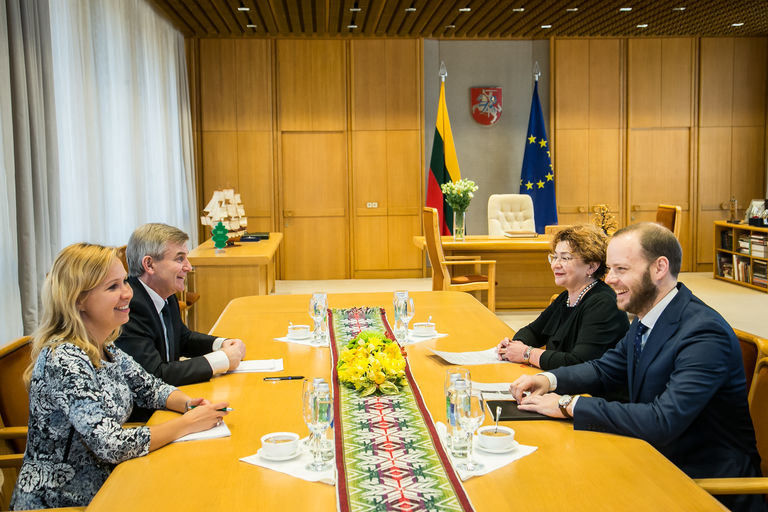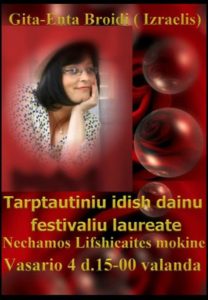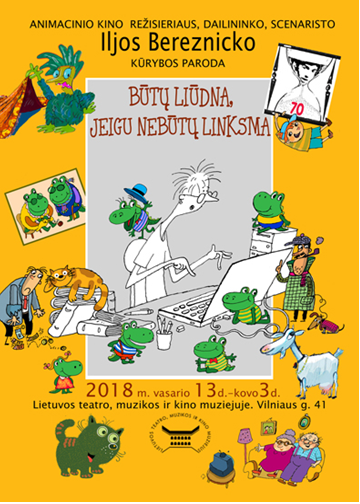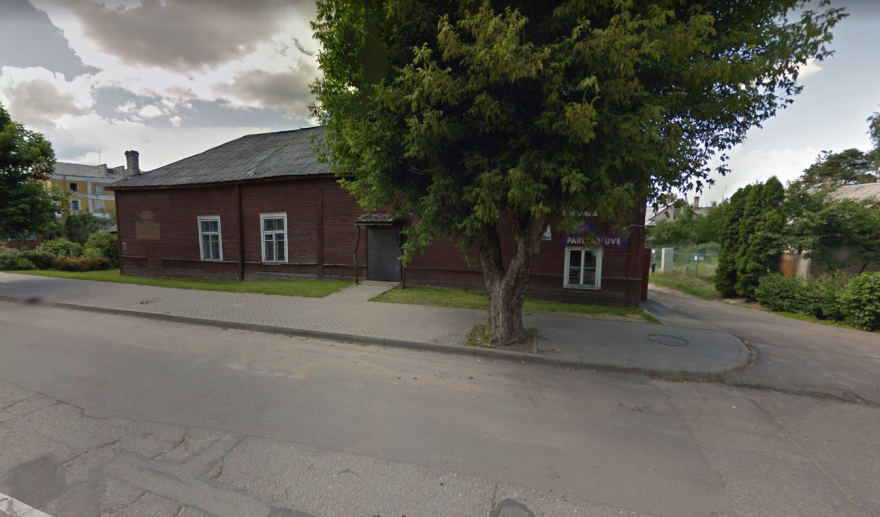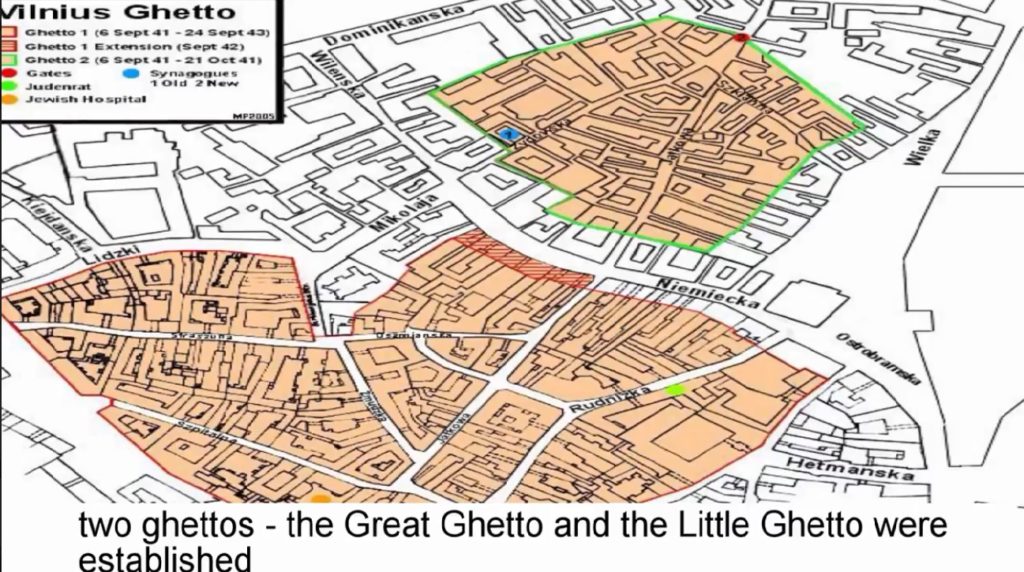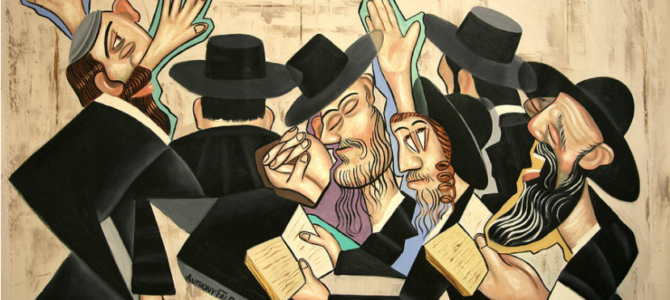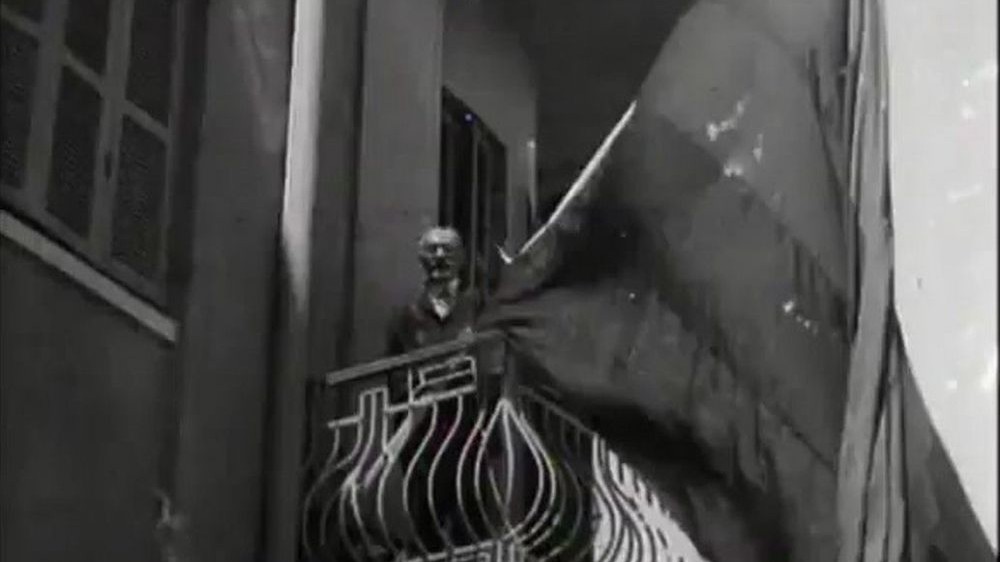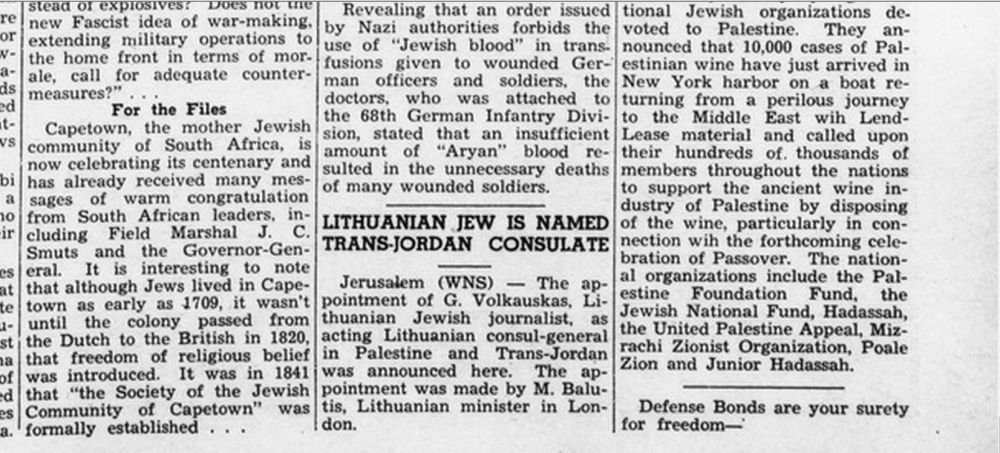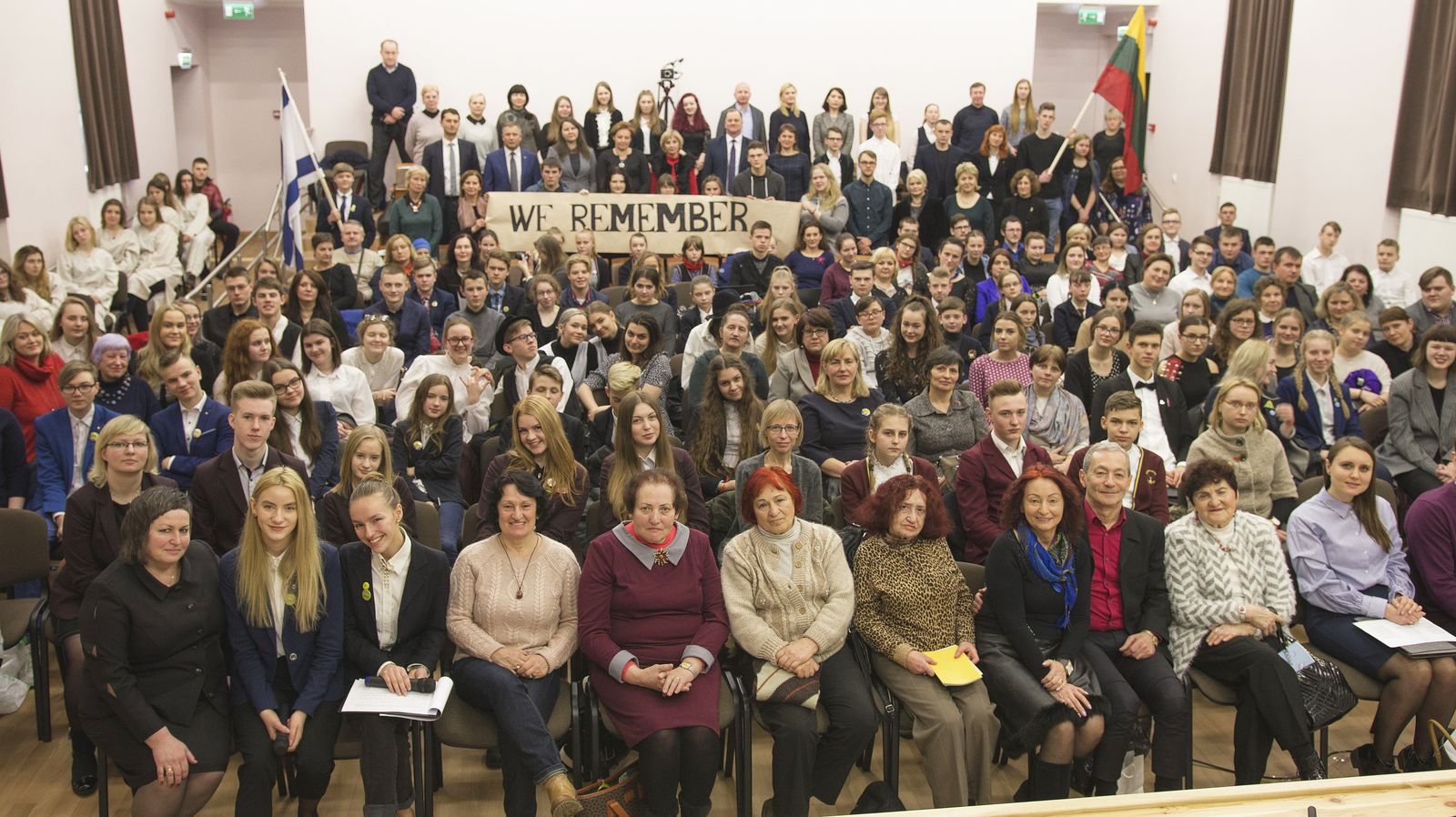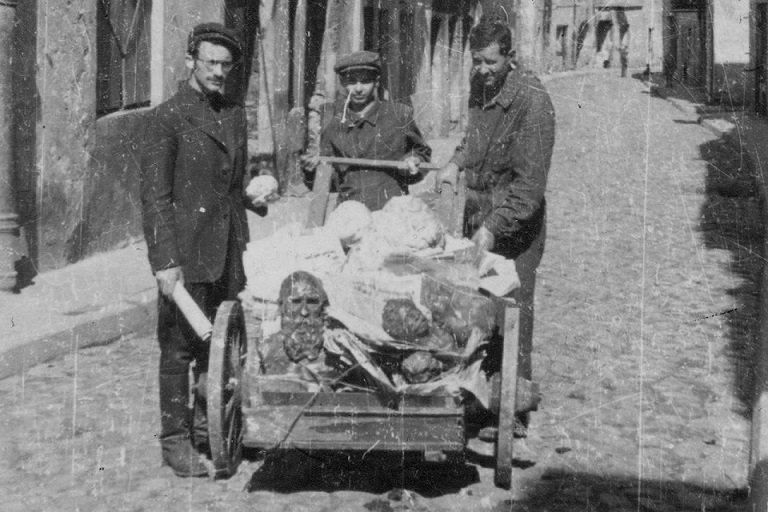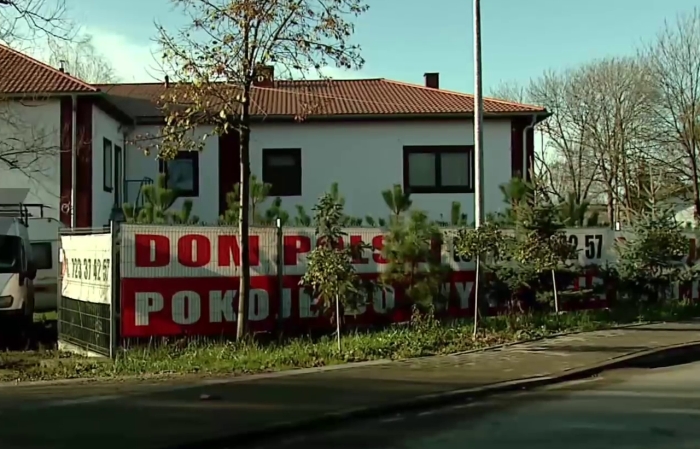The Lithuanian Jewish Community for many years now has been posing the question: does Lithuania even know and is she able to name her true heroes? As we begin to celebrate 100 years since the founding of the Lithuanian Republic and look back over all the people who contributed, we cannot forget the noble Lithuanian Jews and the noble rescuers of Jews from the Holocaust who managed to keep the flame of hope alive during the most shameful passage in Lithuania’s history. The Sondeckis family who saved Lithuania’s honor are now forced to defend their own.
At the start of Lithuania’s 100th birthday celebration, the Center for the Study of the Genocide and Resistance of Residents of the Republic of Lithuania (hereinafter Center) has on their webpage published a journal containing a registry of files on people from the KGB archive.
This list includes Saulius Sondeckas, the son of Jackus Sondeckis, a well-known Lithuanian public figure, a member of the independence movement over 100 years ago and a Righteous Gentile who saved Jews. On February 3, 2018, we marked the three-year anniversary of the death of Saulius Sondeckis, a true aristocrat of the spirit who represented Lithuania and put Lithuania on the world map with his exceptional musical talent and noble deeds. That these allegations of possible criminal activity leveled against Saulius Sondeckis, who is now dead and unable to defend himself, and against his family fall on the 100th anniversary of the modern Lithuanian Republic makes graver the circumstances surrounding the charges and increases the harm done to the family who so rightly deserve the honor of the Lithuanian nation for their contributions. This accusation treads upon the title Righteous Gentile and also inflicts damage on the Lithuanian Jewish Community, which considers Saulius Sondeckis an honorary member.



















